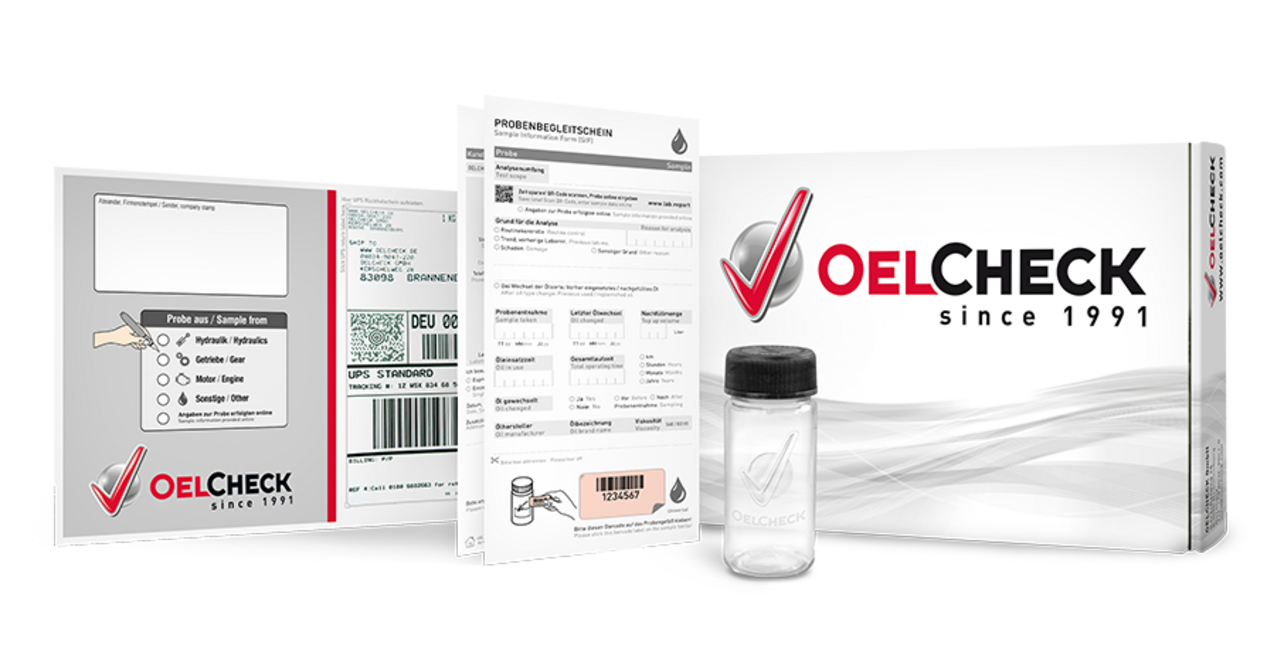TOST-Test
Ageing behaviour of inhibited oils
The TOST ageing test (Turbine Oil Stability Test) is laid down in EN ISO 4263. It is used to determine the ageing behaviour of turbine, gear and hydraulic oils as well as HFC and synthetic fluids. There is a risk of oil ageing with the simultaneous formation of sludge and lacquer-like deposits in lubricants and hydraulic fluids that are in use over long lives of several thousands of hours. The TOST test simulates long-term service with its extremely long test times of 2000 hours or more. The test is therefore very important in the development of an oil. But it also allows conclusions regarding oil performance to be drawn from its comparison of new oil and old oil in the determination of the longest possible oil change intervals. The 2000 hour TOST test is a new special test from OELCHECK.
The test method exposes the oil to the stresses that also promote oxidation and depositions in practice using oxygen, water, high temperatures and metallic components. 60 ml distilled water is added to 300 ml of the oil to be tested for testing purposes. This mixture is constantly heated to 95°C. In addition, steel and copper wire coils are suspended in the testing tank as catalysts. Three litres of oxygen is passed through the oil-water mixture each hour. Small samples are taken from the mixture at regular intervals and their NN is determined. This indicates the amount of potassium hydroxide required to neutralize the acids, which increase as a result of oxidation, contained in a gramme of oil. The test is ended as soon as an acid value of 2.0 mg KOH/g is reached. The time elapsed to this point is stated in hours as the test result. The smaller the value, the higher the tendency of the oil to oxidize rapidly. If the acid value remains below 2.0 mg KOH/g, even after a test duration of 2000 hours, the acid value measured on conclusion of the test is stated.



